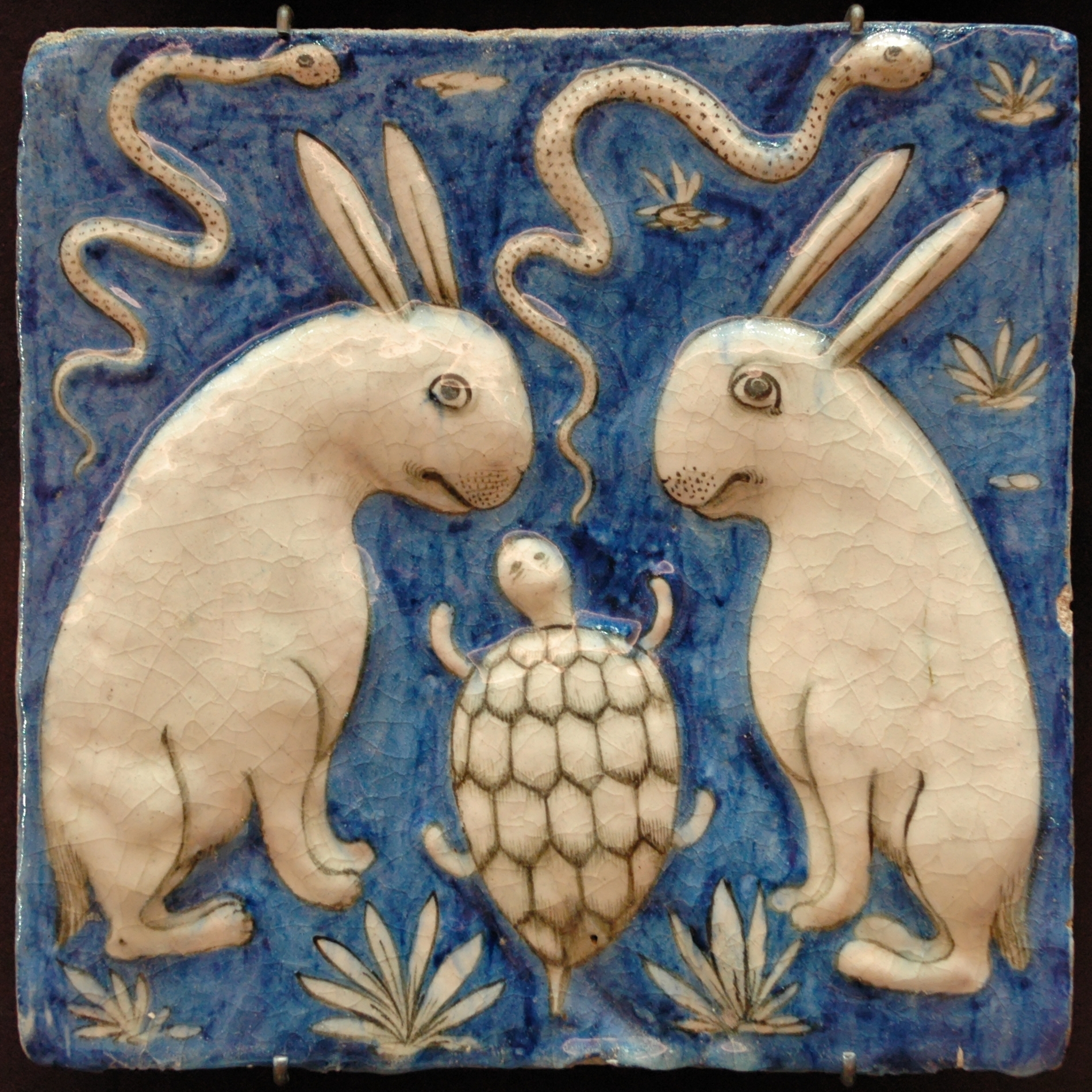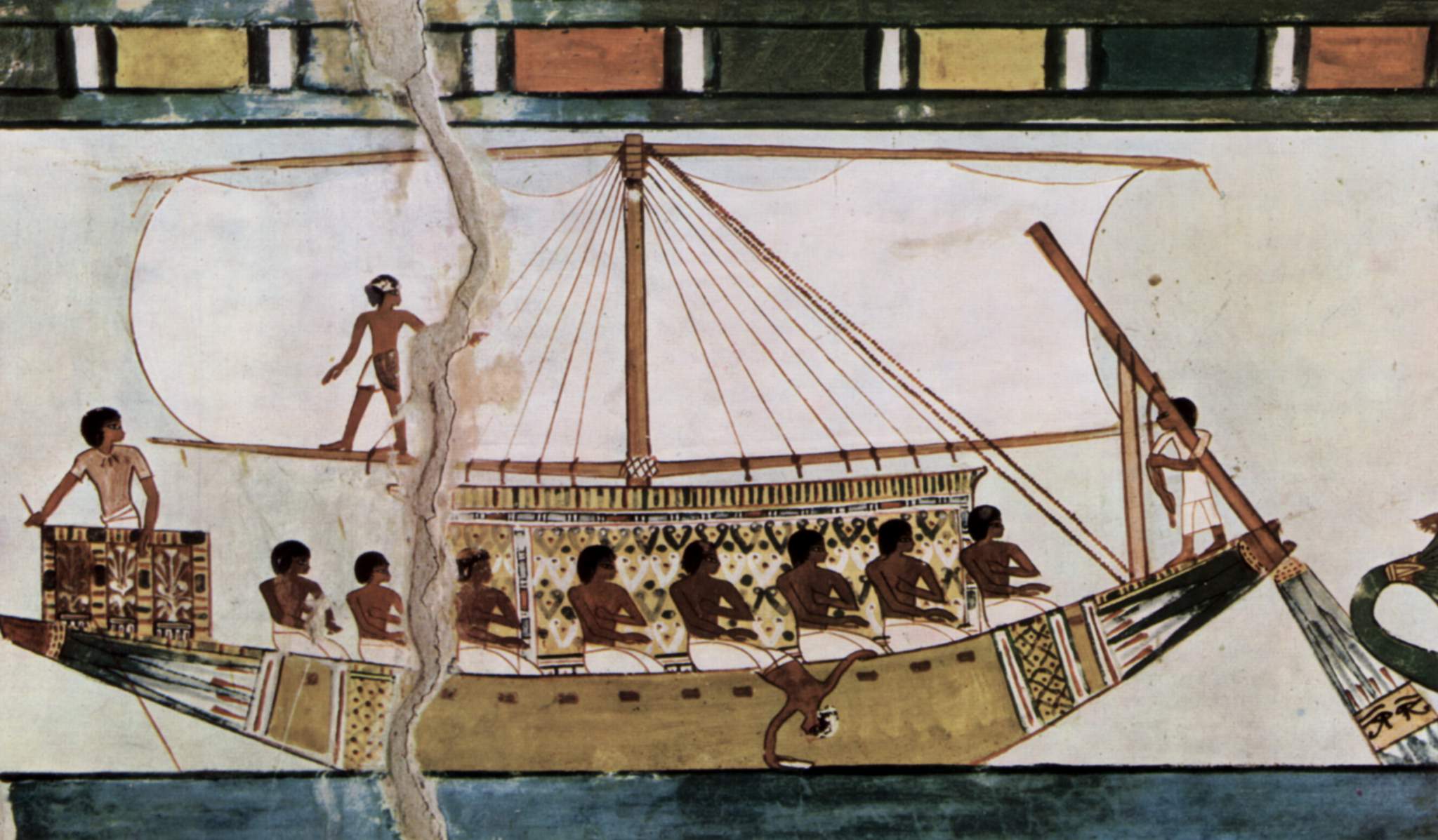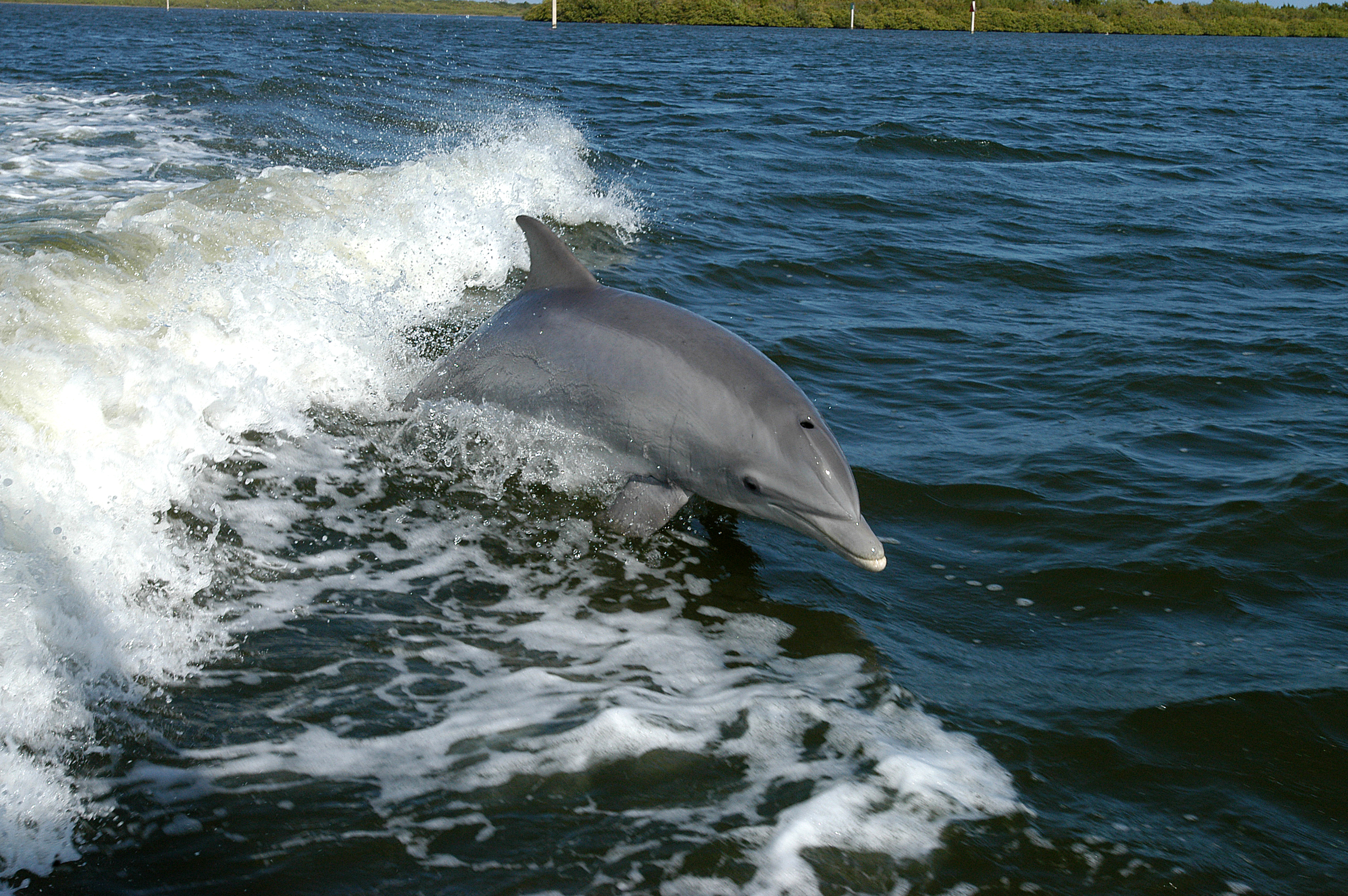|
Festina Lente
''Festina lente'' () or ''speûde bradéōs'' (, ) is a classical adage and oxymoron meaning "make haste slowly" (sometimes rendered in English as "more haste, less speed"). It has been adopted as a motto numerous times, particularly by the emperors Augustus and Titus, the Medicis and the Onslows. The original form of the saying, ''speũde bradéōs'', is Classical Greek, of which ''festina lente'' is the Latin translation. The words and ''festina'' are second-person-singular present active imperatives, meaning "make haste", while and ''lente'' are adverbs, meaning "slowly". History The Roman historian Suetonius, in ''De vita Caesarum'', tells that Augustus deplored rashness in a military commander, thus "" was one of his favourite sayings: Certain gold coins minted for Augustus bore images of a crab and a butterfly to attempt an emblem for the adage. Other such visualizations include a hare in a snail shell; a chameleon with a fish; a diamond ring entwined with folia ... [...More Info...] [...Related Items...] OR: [Wikipedia] [Google] [Baidu] |
Gastropod Shell
The gastropod shell is part of the body of a Gastropoda, gastropod or snail, a kind of mollusc. The shell is an exoskeleton, which protects from predators, mechanical damage, and dehydration, but also serves for muscle attachment and calcium storage. Some gastropods appear shell-less (slugs) but may have a remnant within the mantle, or in some cases the shell is reduced such that the body cannot be retracted within it (semi-slug). Some snails also possess an operculum that seals the opening of the shell, known as the Aperture (mollusc), aperture, which provides further protection. The study of mollusc shells is known as conchology. The biological study of gastropods, and other molluscs in general, is malacology. Shell morphology terms vary by species group. Shell layers The gastropod shell has three major layers secreted by the Mantle (mollusc), mantle. The calcareous central layer, tracum, is typically made of calcium carbonate precipitated into an organic matrix known as c ... [...More Info...] [...Related Items...] OR: [Wikipedia] [Google] [Baidu] |
Printer's Mark
A printer's mark, device, emblem or insignia is a symbol that was used as a trademark by early printers starting in the 15th century. The first printer's mark is found in the 1457 Mainz Psalter by Johann Fust and Peter Schöffer. One of the most well-known old printer's marks is the dolphin and anchor, first used by the Venetian printer Aldus Manutius as his mark in 1502. The database Printers' Devices of the Ancient Book Section of the Library of the University of Barcelona, was launched in October 1998. The University of Florida libraries also provide digital access to printers' devices and include The University of Chicago devices that have appeared on the cover of their publication ''The Library Quarterly''. Printers' devices have been incorporated in American library buildings, as a reflection of the British Arts and Crafts Movement.Karen Nipps, "Printers' Devices as Decorative Elements in Library Architecture." ''The Library Quarterly'' 83 (July 2013): 271-278. See al ... [...More Info...] [...Related Items...] OR: [Wikipedia] [Google] [Baidu] |
Aldus Manutius
Aldus Pius Manutius (; it, Aldo Pio Manuzio; 6 February 1515) was an Italian printer and humanist who founded the Aldine Press. Manutius devoted the later part of his life to publishing and disseminating rare texts. His interest in and preservation of Greek manuscripts mark him as an innovative publisher of his age dedicated to the editions he produced. His ''enchiridia'', small portable books, revolutionized personal reading and are the predecessor of the modern paperback. Manutius wanted to produce Greek texts for his readers because he believed that works by Aristotle or Aristophanes in their original Greek form were pure and unadulterated by translation. Before Manutius, publishers rarely printed volumes in Greek, mainly due to the complexity of providing a standardized Greek typeface. Manutius published rare manuscripts in their original Greek and Latin forms. He commissioned the creation of typefaces in Greek and Latin resembling the humanist handwriting of his time; type ... [...More Info...] [...Related Items...] OR: [Wikipedia] [Google] [Baidu] |
Giorgio Vasari
Giorgio Vasari (, also , ; 30 July 1511 – 27 June 1574) was an Italian Renaissance Master, who worked as a painter, architect, engineer, writer, and historian, who is best known for his work ''The Lives of the Most Excellent Painters, Sculptors, and Architects'', considered the ideological foundation of all art-historical writing, and the basis for biographies of several Renaissance artists, including Leonardo da Vinci and Michelangelo. Vasari designed the ''Tomb of Michelangelo'' in the Basilica of Santa Croce, Florence that was completed in 1578. Based on Vasari's text in print about Giotto's new manner of painting as a ''rinascita'' (rebirth), author Jules Michelet in his ''Histoire de France'' (1835) suggested adoption of Vasari's concept, using the term ''Renaissance'' (rebirth, in French) to distinguish the cultural change. The term was adopted thereafter in historiography and still is in use today. Life Vasari was born prematurely on 30 July 1511 in Arezzo, Tuscany. ... [...More Info...] [...Related Items...] OR: [Wikipedia] [Google] [Baidu] |
Palazzo Vecchio
The Palazzo Vecchio ( "Old Palace") is the City hall, town hall of Florence, Italy. It overlooks the Piazza della Signoria, which holds a copy of Michelangelo's ''David (Michelangelo), David'' statue, and the gallery of statues in the adjacent Loggia dei Lanzi. Originally called the ''Palazzo della Signoria'', after the Signoria of Florence, the ruling body of the Republic of Florence, this building was also known by several other names: ''Palazzo del Popolo'', ''Palazzo dei Priori'', and ''Palazzo Ducale'', in accordance with the varying use of the palace during its long history. The building acquired its current name when the Medici duke's residence was moved across the Arno River to the Palazzo Pitti. History In 1299, the commune and people of Florence decided to build a palace that would be worthy of the city's importance, and that would be more secure and defensible in times of turbulence for the magistrates of the commune.Bartlett, 37. Arnolfo di Cambio, the architect o ... [...More Info...] [...Related Items...] OR: [Wikipedia] [Google] [Baidu] |
Tortoise
Tortoises () are reptiles of the family Testudinidae of the order Testudines (Latin: ''tortoise''). Like other turtles, tortoises have a turtle shell, shell to protect from predation and other threats. The shell in tortoises is generally hard, and like other members of the suborder Cryptodira, they retract their necks and heads directly backward into the shell to protect them. Tortoises can vary in size with some species, such as the Galápagos tortoise, Galápagos giant tortoise, growing to more than in length, whereas others like the Chersobius signatus, Speckled cape tortoise have shells that measure only long. Several lineages of tortoises Giant tortoise, have independently evolved very large body sizes in excess of 100 kg, including the Galápagos tortoise, Galapagos giant tortoise and the Aldabra giant tortoise. They are usually Diurnality, diurnal animals with tendencies to be crepuscular depending on the ambient temperatures. They are generally reclusive animals. ... [...More Info...] [...Related Items...] OR: [Wikipedia] [Google] [Baidu] |
Sail
A sail is a tensile structure—which is made from fabric or other membrane materials—that uses wind power to propel sailing craft, including sailing ships, sailboats, windsurfers, ice boats, and even sail-powered land vehicles. Sails may be made from a combination of woven materials—including canvas or polyester cloth, laminated membranes or bonded filaments—usually in a three- or four-sided shape. A sail provides propulsive force via a combination of lift and drag, depending on its angle of attack—its angle with respect to the apparent wind. Apparent wind is the air velocity experienced on the moving craft and is the combined effect of the true wind velocity with the velocity of the sailing craft. Angle of attack is often constrained by the sailing craft's orientation to the wind or point of sail. On points of sail where it is possible to align the leading edge of the sail with the apparent wind, the sail may act as an airfoil, generating propulsive force as air p ... [...More Info...] [...Related Items...] OR: [Wikipedia] [Google] [Baidu] |
Cosimo I De' Medici, Grand Duke Of Tuscany
Cosimo I de' Medici (12 June 1519 – 21 April 1574) was the second Duke of Florence from 1537 until 1569, when he became the first Grand Duke of Tuscany, a title he held until his death. Life Rise to power Cosimo was born in Florence on 12 June 1519, the son of the famous condottiere Ludovico de' Medici (known as Giovanni delle Bande Nere) and his wife Maria Salviati, herself a granddaughter of Lorenzo the Magnificent. He was the grandson of Caterina Sforza, the Countess of Forlì and Lady of Imola. Cosimo came to power in 1537 at age 17, just after the 26-year-old Duke of Florence, Alessandro de' Medici, was assassinated. Cosimo was from a different branch of the Medici family, descended from Giovanni il Popolano, the great-grandson of Giovanni di Bicci de' Medici, founder of the Medici Bank. It was necessary to search for a successor outside of the "senior" branch of the Medici family descended from Cosimo di Giovanni de' Medici, since the only male child of Alessandro, ... [...More Info...] [...Related Items...] OR: [Wikipedia] [Google] [Baidu] |
Anchor
An anchor is a device, normally made of metal , used to secure a vessel to the bed of a body of water to prevent the craft from drifting due to wind or current. The word derives from Latin ''ancora'', which itself comes from the Greek ἄγκυρα (ankȳra). Anchors can either be temporary or permanent. Permanent anchors are used in the creation of a mooring, and are rarely moved; a specialist service is normally needed to move or maintain them. Vessels carry one or more temporary anchors, which may be of different designs and weights. A sea anchor is a drag device, not in contact with the seabed, used to minimise drift of a vessel relative to the water. A drogue is a drag device used to slow or help steer a vessel running before a storm in a following or overtaking sea, or when crossing a bar in a breaking sea.. Overview Anchors achieve holding power either by "hooking" into the seabed, or mass, or a combination of the two. Permanent moorings use large masses (common ... [...More Info...] [...Related Items...] OR: [Wikipedia] [Google] [Baidu] |
Dolphin
A dolphin is an aquatic mammal within the infraorder Cetacea. Dolphin species belong to the families Delphinidae (the oceanic dolphins), Platanistidae (the Indian river dolphins), Iniidae (the New World river dolphins), Pontoporiidae (the brackish dolphins), and the extinct Lipotidae (baiji or Chinese river dolphin). There are 40 extant species named as dolphins. Dolphins range in size from the and Maui's dolphin to the and orca. Various species of dolphins exhibit sexual dimorphism where the males are larger than females. They have streamlined bodies and two limbs that are modified into flippers. Though not quite as flexible as seals, some dolphins can briefly travel at speeds of per hour or leap about . Dolphins use their conical teeth to capture fast-moving prey. They have well-developed hearing which is adapted for both air and water. It is so well developed that some can survive even if they are blind. Some species are well adapted for diving to great depths. The ... [...More Info...] [...Related Items...] OR: [Wikipedia] [Google] [Baidu] |







.jpg)
